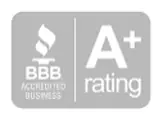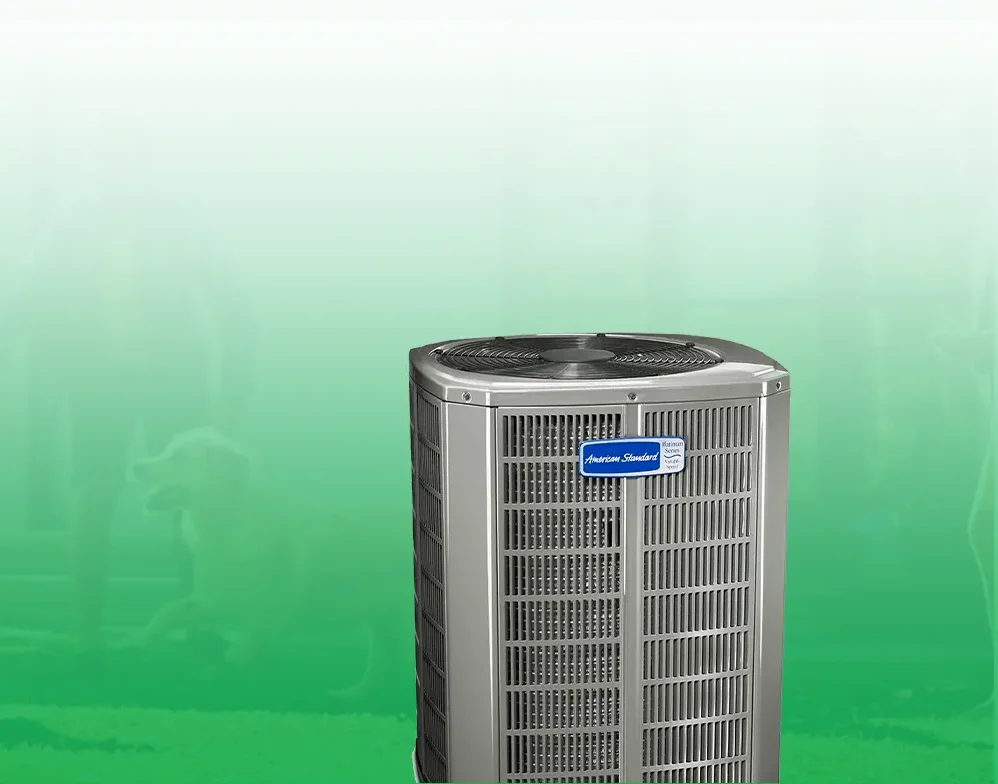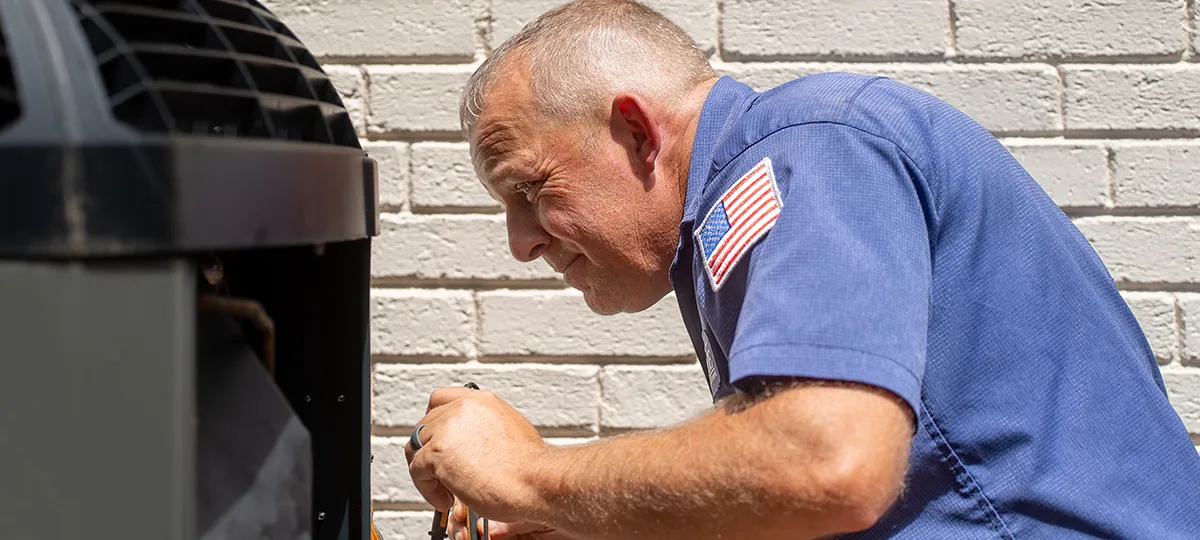At Horne HVAC Charlotte, we understand that an HVAC system is more than just a standalone unit; it’s part of a larger network that includes your home’s or business’s existing architecture, electrical systems, and even smart home technologies.
Ensuring system compatibility is crucial for efficient operation, ease of use, and long-term reliability. Our approach focuses on integrating the right HVAC solutions that align perfectly with your existing systems and preferences, thereby enhancing overall performance and user experience.
Why System Compatibility Matters
1. Enhanced Efficiency: When all components of an HVAC system are compatible, they work together seamlessly, leading to improved efficiency. This synchronization not only helps in reducing energy consumption but also lowers utility bills and decreases the environmental impact of your heating and cooling solutions.
2. Increased Reliability: Compatibility issues can lead to frequent system failures and breakdowns. By ensuring that all parts of your HVAC system are compatible, we minimize the risk of malfunctions, providing a more reliable and stable system that you can count on.
3. Ease of Maintenance: A compatible HVAC system simplifies maintenance tasks. When all components are harmoniously integrated, diagnosing problems and performing upkeep becomes more straightforward, reducing the time and cost of maintenance.
4. Future Scalability: An HVAC system that is compatible with existing and emerging technologies offers better scalability. This means you can easily upgrade parts of your system or integrate new features without complete overhauls, making it a cost-effective solution for future enhancements.
Key Factors to Consider
When selecting an HVAC system, compatibility is crucial for ensuring optimal performance, efficiency, and comfort. Here’s a guide to help you navigate the key aspects of HVAC system compatibility, covering everything from energy efficiency to zoning.
Evaluating Energy Efficiency Requirements
- Importance of Energy Efficiency: Selecting an energy-efficient HVAC system can lead to considerable savings on your utility bills and lessen your impact on the environment.
- SEER Ratings: The Seasonal Energy Efficiency Ratio (SEER) rating indicates the efficiency of cooling systems. Higher SEER ratings mean better energy efficiency.
- Energy Star Certification: Look for Energy Star-certified systems, which meet strict efficiency criteria set by the Environmental Protection Agency (EPA).
- Sizing Matters: A system that’s either oversized or undersized can result in poor efficiency and quicker deterioration of components. Proper sizing ensures the system meets your home’s heating and cooling needs without overworking.



















